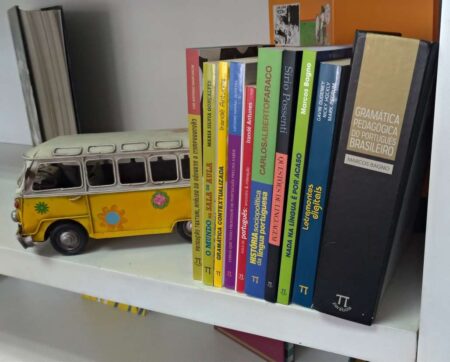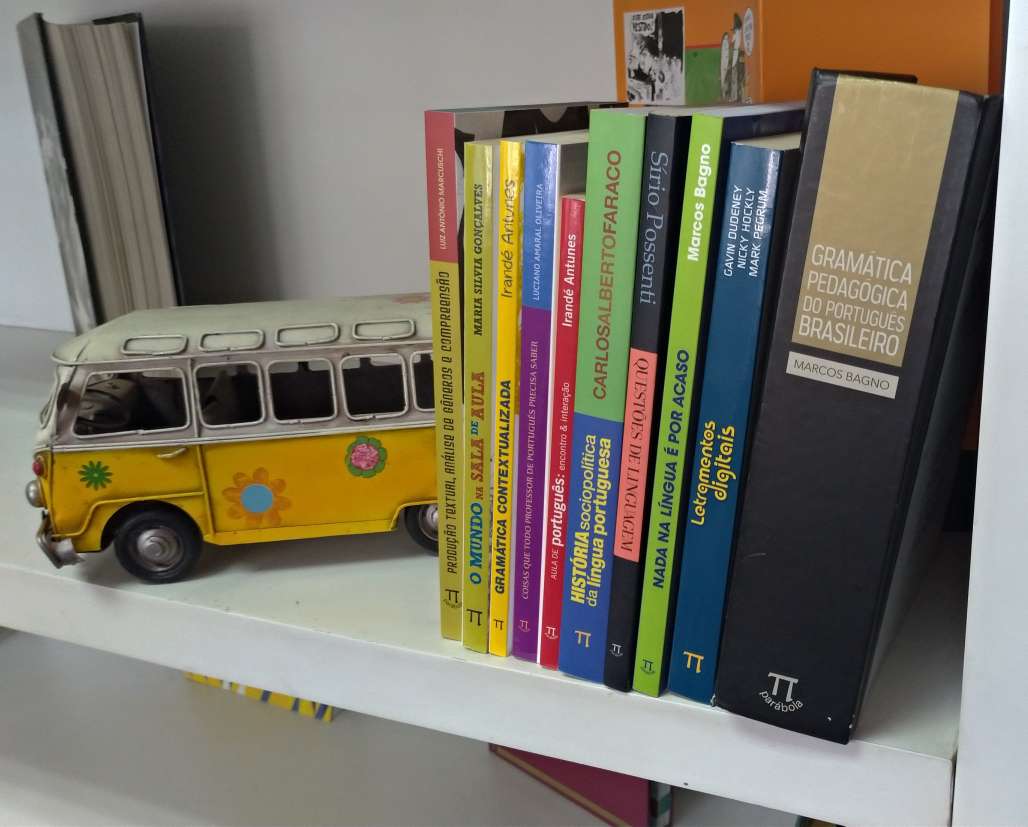Relationship Between Linguistics And Literature.The nature of language is of vital concern to the students of literature, because language is the medium in which literature is written. A creative writer is never wholly free from linguistic and cultural considerations or limitations howsoever unconscious of these he may he literally. He has to choose his structures and sounds according to the kind of aesthetic effect he wants to create.
What Is The Relationship Between Linguistics And Literature.

His creation is determined by the structure of the language. The structure determines what can and cannot be said in the language, just as his cultural background determines the semantic content of his work.-
All linguistic levels exert an influence on his creativity and on what he creates. All these factors influence his style. Words-formation can often be used as a source for particular literary effect. It is linguistics which can scientifically explain the difficulties of translating a literary, text, especially a poem.
In return, it is the literary artist who enriches a language enormously, and refines it. It is he who also sets direction of language change by his distinct use and coinages and word- formations.. Stylistics’ is another testimony of the closeness between linguistics and literature. Among “other fine arts music is much’ closer to linguistics than any other branch of fine art.
Linguistics and literature are both concerned with the study and use of language, but they approach it from different angles. Their relationship is a rich and multifaceted one. Here’s a brief overview of how they intersect:
- Foundation on Language: Both linguistics and literature depend on language. Linguistics is the scientific study of language, its structures, and how it functions. Literature, on the other hand, is an artistic use of language to create stories, express emotions, and convey ideas.
- Stylistics: This is perhaps the most obvious intersection. Stylistics is the study of styles of linguistic expression in literature. It examines how authors use language uniquely, from phonetic (sound patterns) to syntactic (sentence structure) levels.
- Discourse Analysis: Both disciplines analyze discourse, but in different ways. While literature often presents discourses to explore themes or character development, linguistics might analyze the same discourses to understand how language works in constructing meaning.
The relationship between linguistics and literature is a fascinating and complex one, where both fields intersect and influence each other. To explain this relationship, let’s create a guide in a tabular format:
| Aspect | Linguistics | Literature |
|---|---|---|
| Focus | The scientific study of language, its structure, and use. | The art of written works, emphasizing creative, aesthetic, and emotional qualities. |
| Methodology | Empirical, analytical, and descriptive methods focusing on grammar, syntax, phonetics, semantics, and pragmatics. | Interpretative, critical, and often subjective approaches focusing on themes, narrative techniques, symbolism, and character development. |
| Objective | Understanding how language works, its variations, and how it is used in communication. | Expressing ideas, emotions, stories, and cultural values through written text. |
| Application | Language teaching, translation, computational linguistics, speech therapy, and forensic linguistics. | Literary criticism, creative writing, cultural studies, and education. |
| Overlap | Stylistics (study of linguistic style in literature), discourse analysis (narrative structure in texts), and sociolinguistics (language in its social context). | Use of linguistic techniques to enhance style, rhythm, and meaning; exploration of language and identity in literary texts. |
| Analysis | Primarily concerned with form and meaning in language. | Focuses on content, form, and artistic value in texts. |
| Role of Context | Context is vital in understanding meaning, pragmatics, and language variation. | Context (historical, cultural, social) is crucial for interpreting literary texts. |
This table outlines how linguistics and literature are distinct yet interconnected disciplines, each contributing unique insights and methodologies to the understanding of language and human expression
In conclusion, the relationship between linguistics and literature is symbiotic and mutually enriching. Linguistics provides the analytical tools to delve into the structure and usage of language, enabling a deeper understanding of literary works. Literature, on the other hand, serves as a vast reservoir of linguistic data, allowing linguists to validate and refine linguistic theories.
